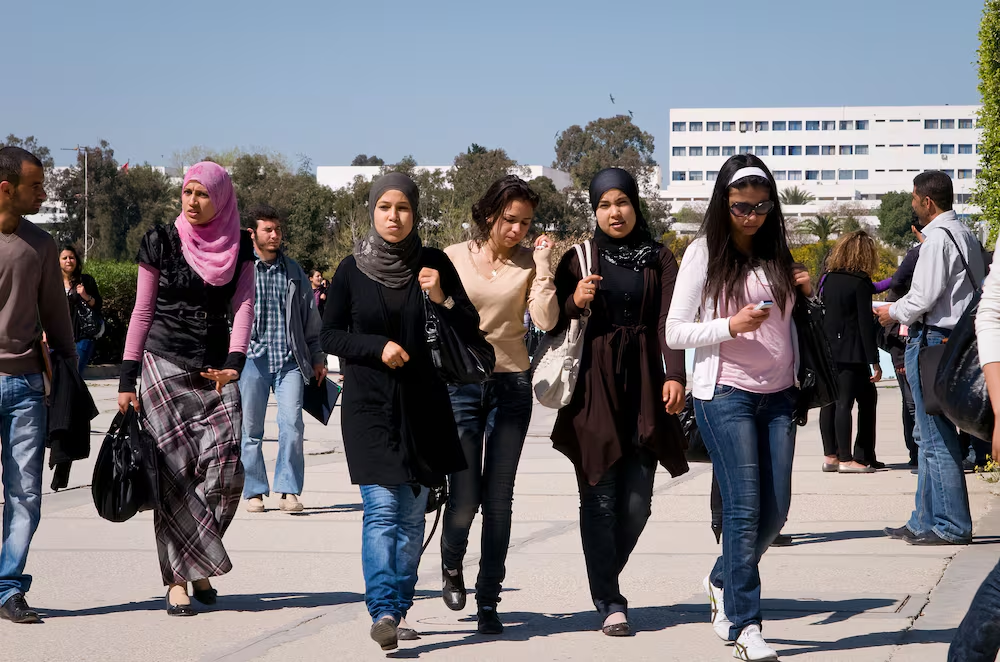Cheating in Kenyan universities has taken a new twist with the introduction of Generative Artificial Intelligence (AI) such as ChatGPT. No student today will be too foolish to use Mwakenya (handwritten short notes) to cheat in the examination. Mwakenya is an old term that AI has naturally killed in modern-day cheating standards, where students would easily devise old ways of concealing written notes, such as writing on their clothing, arms, or any part of the body, or just a small piece of paper.

However, AI has provided modern advanced technologies that learners now utilise to cheat in exams. Many of the students are now buying AI-powered smartwatches or hidden earpieces, that can help them get information during examinations.
Which AI tools do they use to cheat?
Using AI Chatbots, a student can receive real-time answers to questions in an examination. Depending on the course a student takes, they can customise these chatbots by programming them to recognise questions, thus providing relevant answers with absolute levels of accuracy, thus allowing students to discreetly cheat during their exams without the knowledge of the supervisor.
Smartwatches and earpieces
We have modern AI-powered smartwatches and earpieces that students can use to receive answers in real-time during exams. These gadgets are too tiny to be noticed by invigilators during exams. Some of them have cameras that can scan the question before communicating with someone outside the exam room who will provide them with answers. In addition to AI-powered chat or voice recognition apps, the technology is effective in helping students pass exams without even invigilators having any clue.
Deepfake technology and facial recognition software
With many AI-powered facial recognition software in the market, cheating in an exam is as easy as ABC, particularly online tests. Students can use AI-powered facial recognition software to bypass identity verification measures that the universities have put in place. In addition, they can use deepfake technology (pre-recorded videos) to impersonate themselves during online exams without being noticed.
ChatGPT, which is an example of Generative AI, can offer AI-generated answers to allow students to come up with essays, answers, or cheat sheets. These tools analyse exam questions and generate plausible responses, allowing students to submit or memorise pre-written content without understanding the material.
Text recognition apps and avatars
We have AI-enhanced text recognition apps capable of enabling students to scan and convert exam questions into digital text before they can access pre-written notes stored on their devices or search for answers online without detection by the exam invigilators.
While developing AI algorithms for specific courses/units might be technical as it requires expertise, it will take a lot of work to monitor as it requires a super-talented student. Students can still buy developed AI algorithms for specific courses to bypass online proctoring systems. They may use virtual backgrounds, facial recognition, spoofing techniques, or AI-generated avatars to deceive proctors and engage in cheating behaviour unnoticed. In the future, many students will start buying machine learning algorithms for specific courses as they can analyse past exam questions before making predictions about potential topics or answers in the unit of offer. This means instead of buying books; you can buy trained ML algorithms in a specific unit/course and use them to pass exams.
What is the way forward for Kenyan universities?
Our universities and higher learning institutions must be aware of modern technology to prevent cheating aided by AI tools by enhancing online proctoring systems with AI algorithms for those universities offering online examinations to detect unusual behaviour like multiple faces or sudden facial changes.
In addition, we could randomise exam questions and monitor online activity during online exams to deter cheating attempts. For on-site examinations, we must have strict protocols in examination rooms to prohibit electronic devices from doing an electronic scan. Our institutions must invest in anti-AI cheating software capable of detecting AI-generated content. We must educate our students about the importance of integrity and remind them of the consequences of cheating, not only in schools but also in real life.
Academic institutions must be aware of this new evolution of cheating by putting countermeasures in place to ensure the integrity of examinations and academics in our country. By fostering a culture of academic honesty, integrity, and ethics, we shall preserve our educational standards and the credibility of academic qualifications.
Joab Odhiambo, PhD, teaches Actuarial Science at Meru University of Science and Technology and an AI post-doctoral researcher. joabodhiambo2030@gmail.com















